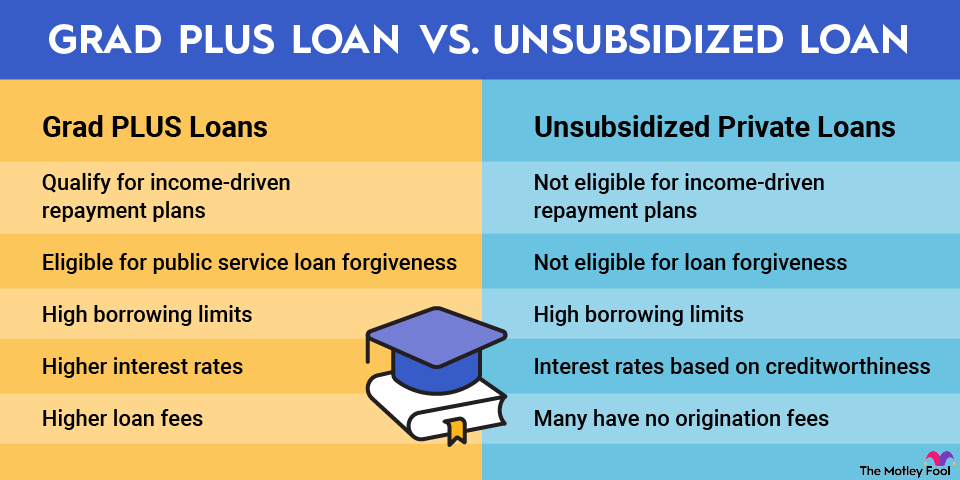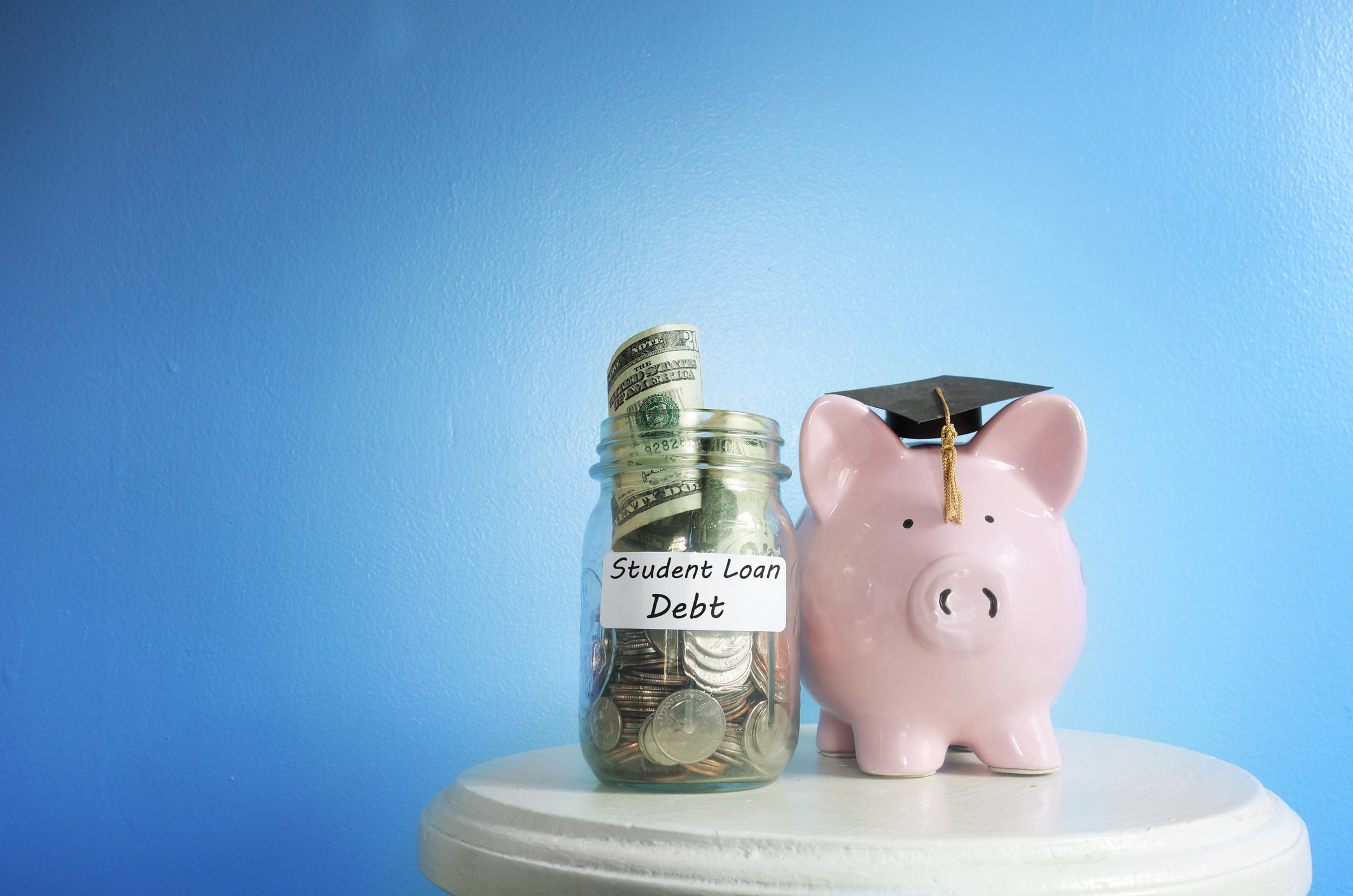If you cosign a loved one's student loan, you can help them finance their education, even when other options are off the table. However, while cosigning a student loan can help move someone forward on their path to success, it also comes with quite a few obligations. Read on to learn more about the responsibilities of a student loan cosigner and what to expect if you sign on the dotted line.

You're legally responsible for the student loan debt
You may feel good about cosigning a student loan for someone trying to better their life through education. But it's important to know that it's not just a friendly agreement you're making. Cosigning a student loan makes you legally responsible if the student misses a payment or, worse, defaults on their loan.
Some student loans can't even be discharged upon death. If the person you cosign for passes on unexpectedly, you will have to assume the payments until the note is satisfied. That's why it's important to compare lender offers and ensure that you fully understand the extent of your obligation before cosigning a student loan.
Your credit is on the line as a cosigner
As a cosigner, you'll technically be responsible for each payment. Your credit score will take a hit for every late payment, even if you don't know about them. Because you're not the primary borrower, the lender is under no obligation to make you aware of late payments. So, unless the student tells you they've missed a payment, that could be a real shock when you check your credit report.
You'll also find that your legal responsibility stretches to other facets of your life. If you try to borrow money for a home or car, the loan you've cosigned will be included in the calculation of your debt-to-income ratio. Until the student loan is paid off or you manage to work out a cosigner release, that payment will haunt your credit file.
Pros and cons of cosigning a student loan
There is a significant amount of risk involved in cosigning a student loan. However, it's not always the worst idea, especially if you trust the person to make the payment or plan to make it yourself from the beginning. In return, good behavior on behalf of the primary borrower can help your credit score.
Here are some pros and cons to help you make your decision:
Pros | Cons |
|---|---|
Helping a student get an education and a start on a bright future | Can be a debt that follows you if the student dies unexpectedly |
Demonstrating the trust you have in your student and their financial prowess | Becomes your debt if the student defaults |
Increasing your credit score with on-time payments you don’t have to make yourself | Damages your credit score if your student misses payments or makes late payments |
Improving your credit mix in your credit file without paying an extra payment | Is calculated in your debt-to-income ratio if you are looking to borrow more money |
Adding a loan that’s paid off to your credit file | Can be difficult to be released from, even if your student has a great payment history |
How to release a cosigner from a private student loan
Private student loan terms will vary widely between companies. The only way to know for sure whether your student's loan offers a cosigner release is to ask before you sign for the loan. In many cases, cosigner releases simply aren't available because lenders would much prefer to have extra people to go after if the loan goes into default.
If your student loan has a cosigner release, it's a simple enough process. Often, cosigner releases involve the student paying the payment as agreed for a set amount of time, then requesting the cosigner release.
The primary borrower will have to make the initial contact since they are technically the account holder, no matter how much responsibility you shoulder for the loan. Once you have the release in hand, follow the instructions precisely.
Then, return it to the lender and have your student check religiously until you receive a written confirmation that your name has been removed from the loan as a cosigner. Until the release is accepted and your name is removed, you're still responsible.
Cosigning and student loans: FAQs
Should you agree to cosign student loans?
Agreeing to cosign a student loan is a highly personal decision. If you have plenty of money in your savings account and have consistently invested money, you may be able to cover payments should the student have financial problems.
Remember that, most often, if you're asked to cosign a student loan, it's for someone you're at least somewhat responsible for, like a child, grandchild, or sibling. Helping them reach their dreams is kind of a big deal, even if it also comes with some financial burden. Depending on your family dynamic, this may be a situation that's a no-brainer for you.
If you do cosign a student loan, just be sure there's a cosigner release clause and that you fully understand the terms. For some parents, making the payments until the cosigner release clause can be exercised provides peace of mind. A history of on-time payments could also help the child build their credit score.
Remember that you're not considered a borrower in the traditional sense, so you'll have very little access to loan information. You'll need to have a solid line of communication between yourself and the primary borrower if you choose to cosign.
















